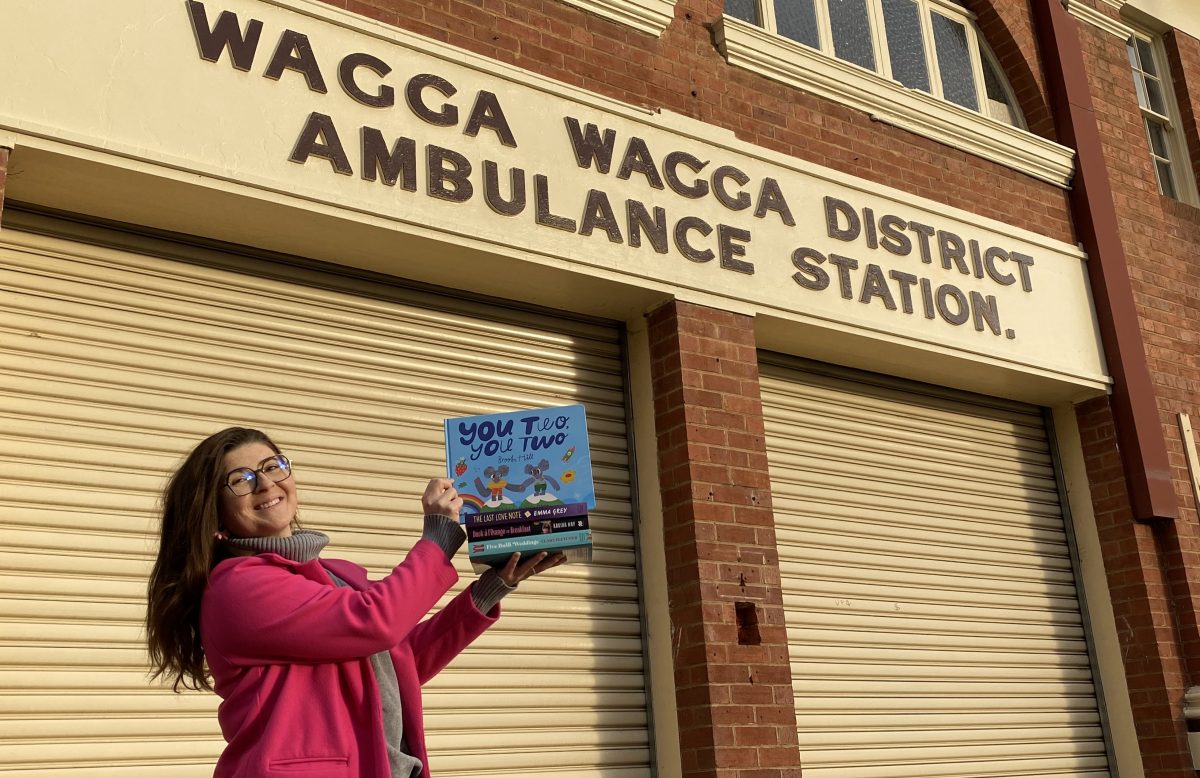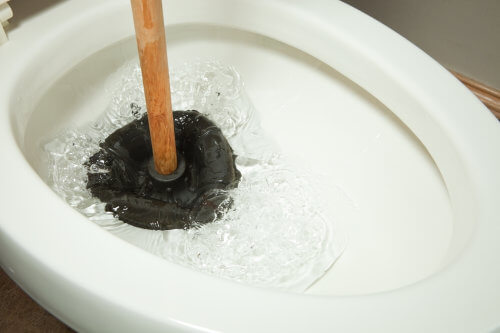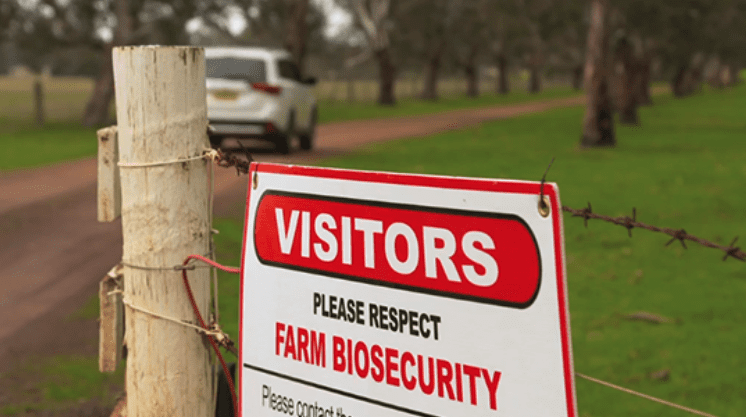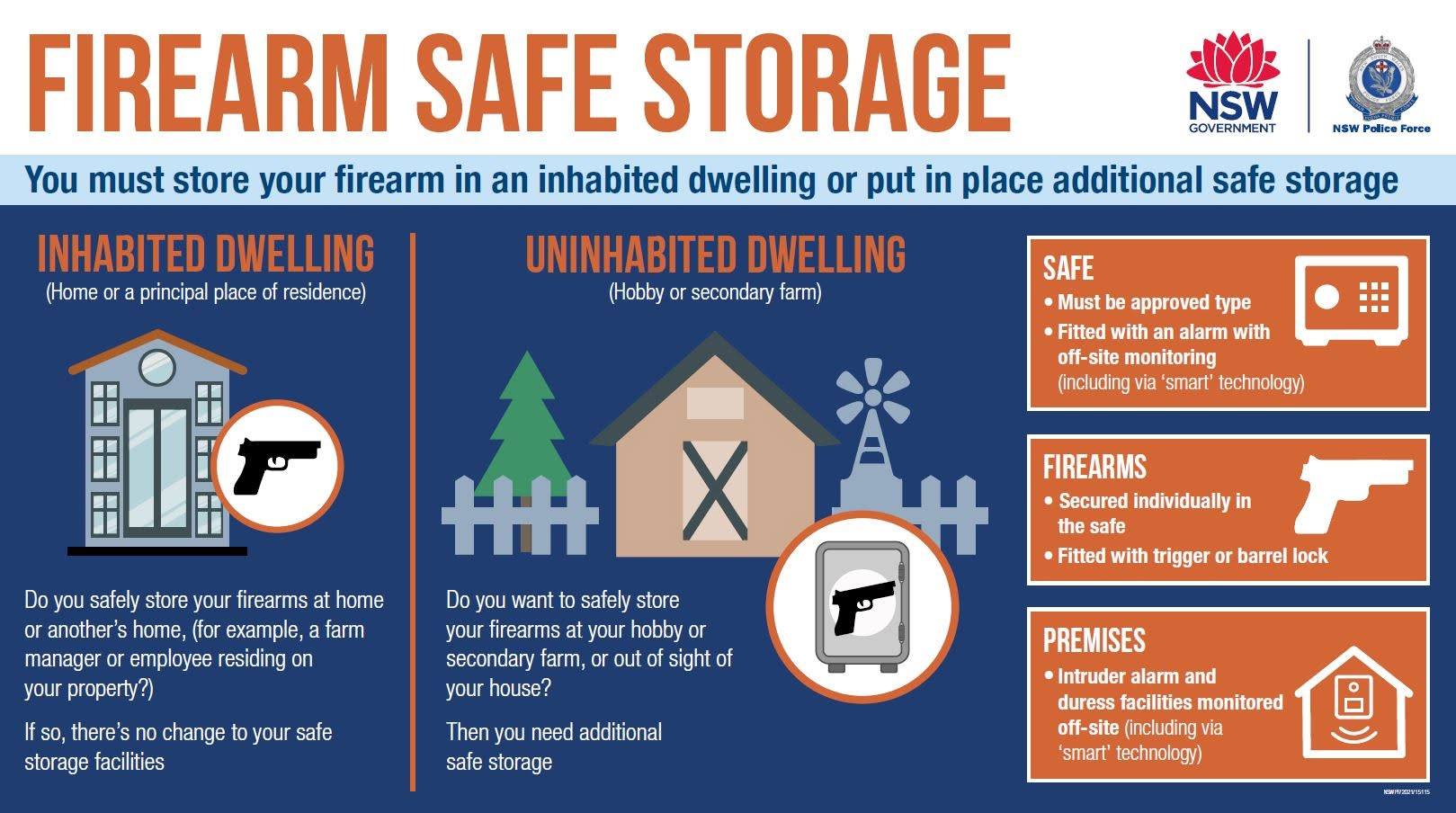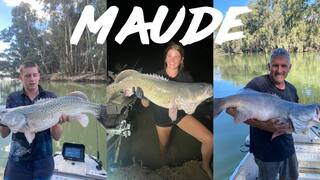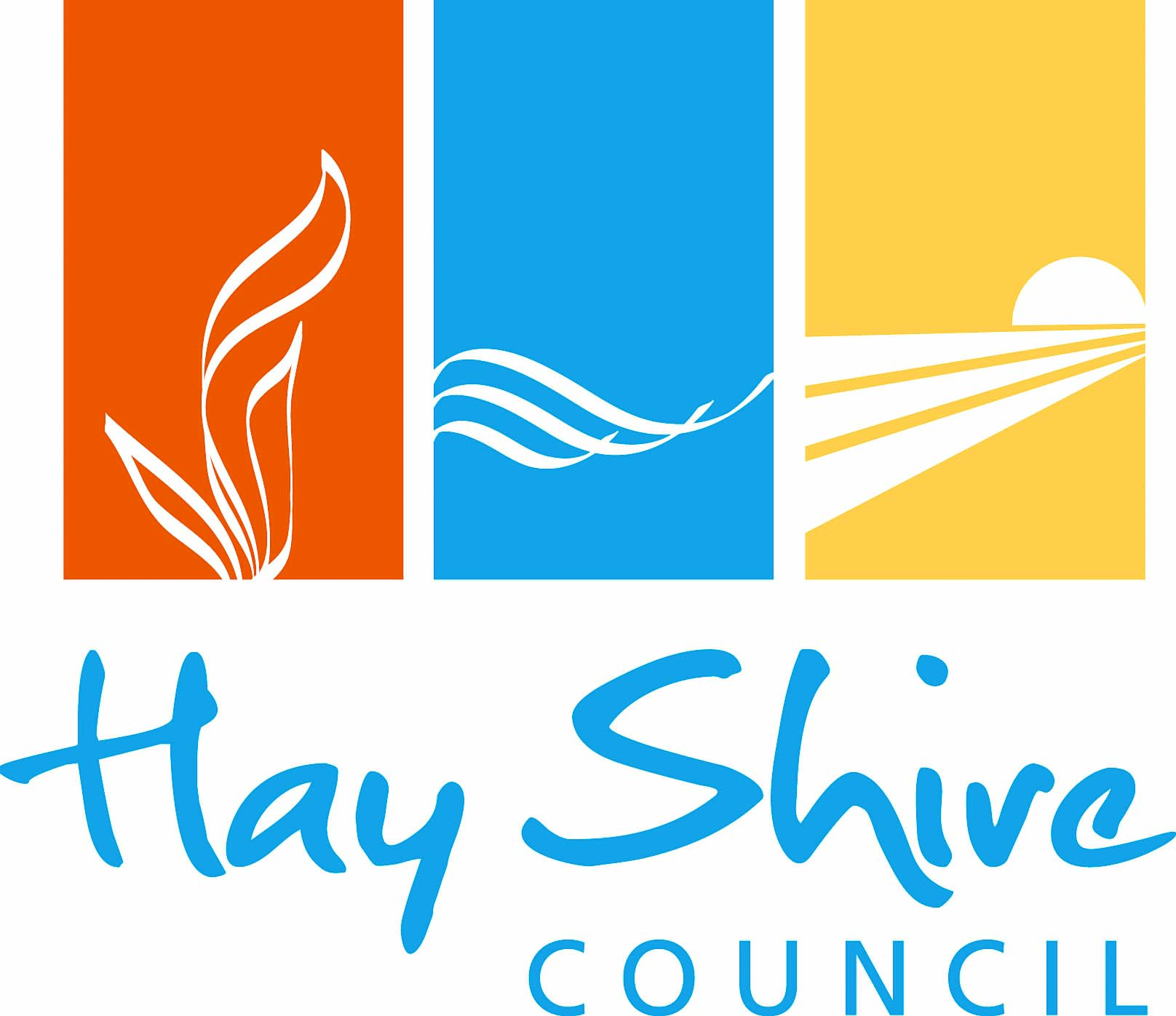Lake Cargelligo loses thousands of bony bream
Kimberly Grabham
10 July 2025, 2:00 AM
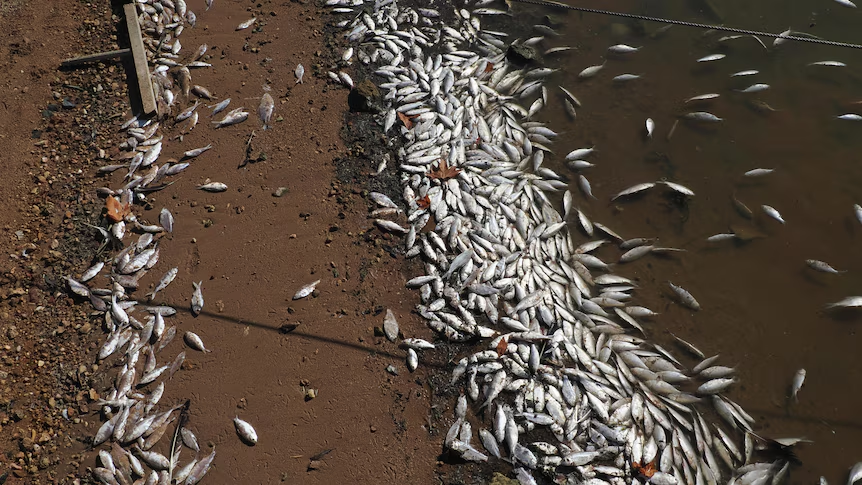
It's the kind of image that stops you cold – silver bodies carpeting the water's surface like a grim reminder of nature's harsh realities.
For locals around Lake Cargelligo, though, the scene wasn't entirely unexpected.
As independent Member for Barwon Roy Butler explained to his constituents online, "Talking to locals, this is a pretty regular occurrence when we have cold weather and the lake changes temperature."
The victims were bony bream – also called bony herring – those small to medium-sized native fish that call the Murray Darling Basin home.
Thousands of them, according to NSW Department of Primary Industries and Regional Development (DPIRD) Fisheries staff who attended the site on 8 July.
"Bony herring can become stressed or die when water temperatures drop – this is known as 'winter die-off'," a DPIRD spokesperson said.
"DPIRD Fisheries staff have confirmed that this is the suspected cause of this fish kill event."
It's a natural phenomenon that happens when cold snaps hit vulnerable fish populations.
Butler noted that "the extensive birdlife at the lake has been cleaning things up" – nature's own clean-up crew getting to work.
But not everyone is viewing this as just another winter casualty.
Jacqui Mumford, CEO of the Nature Conservation Council (NCC), said she was "extremely concerned" about what these events might signal for the broader health of NSW's waterways.
"It's a sure sign that NSW's inland rivers are extremely sick when we are getting frequent, large scale fish kill events in both drought and flooding times," she said.
The numbers back up her concern. The latest NSW State of the Environment report shows fish kill events have tripled in the past three years – a statistic that should make anyone pause.
"Fish kill events do occur in healthy ecosystems in times of significant temperature fluctuation, and bony bream are particularly susceptible," Mumford acknowledged. "However, the number of fish that have perished in the Lake Cargelligo event is alarming."
She's calling for investigations to look beyond the immediate temperature drop to consider what role low water levels might have played. I
t's the kind of deeper questioning that turns a local incident into a window on statewide water health.
The conversation inevitably turns to water quality – specifically, the high nutrient runoff from farms that the State of the Environment report highlighted as a growing problem.
Think of it as too much of a good thing becoming harmful; nutrients that help crops grow can choke waterways when they wash away from fields.
"The importance of healthy vegetation on riverbanks and wetlands to act as a buffer and filter for runoff water cannot be overstated," Mumford said.
She's pointing to the NSW Government's Integrated Catchment Management and Water Quality Governance Roadmap project as a chance to prioritise revegetation of riparian zones – the green corridors along waterways that act as nature's own filtration system.
For Mumford, the Lake Cargelligo incident reflects a broader truth about NSW waterways: "Rivers, lakes and wetlands need the right flows at the right time to be healthy.
Despite the law being clear that the health of the river must be prioritised, water sharing rules in NSW do not yet provide those well-timed flows that allow rivers to flow and connect."
It's a complex issue that touches on everything from farming practices to water allocation policies.
But for the people of Lake Cargelligo, right now it's about watching their local ecosystem deal with winter's harsh realities while hoping the broader questions get the attention they deserve.
NSW Fisheries continues investigating, following standard fish kill protocols.
They're encouraging anyone who spots fish deaths to report them through the Fishers Watch hotline on 1800 043 536.
As Butler noted, NSW Fisheries will conduct an investigation regardless of local expectations about winter die-offs.
Because sometimes what looks routine on the surface deserves a closer look – especially when the stakes involve the health of waterways that communities depend on.
The birdlife at Lake Cargelligo will continue their clean-up work, and the lake will recover from this winter's toll.
But the bigger questions about water health and management practices will likely persist long after the last fish has been cleared from the shoreline.
NEWS
COMMUNITY
RURAL
SPORT
VISIT HAY
